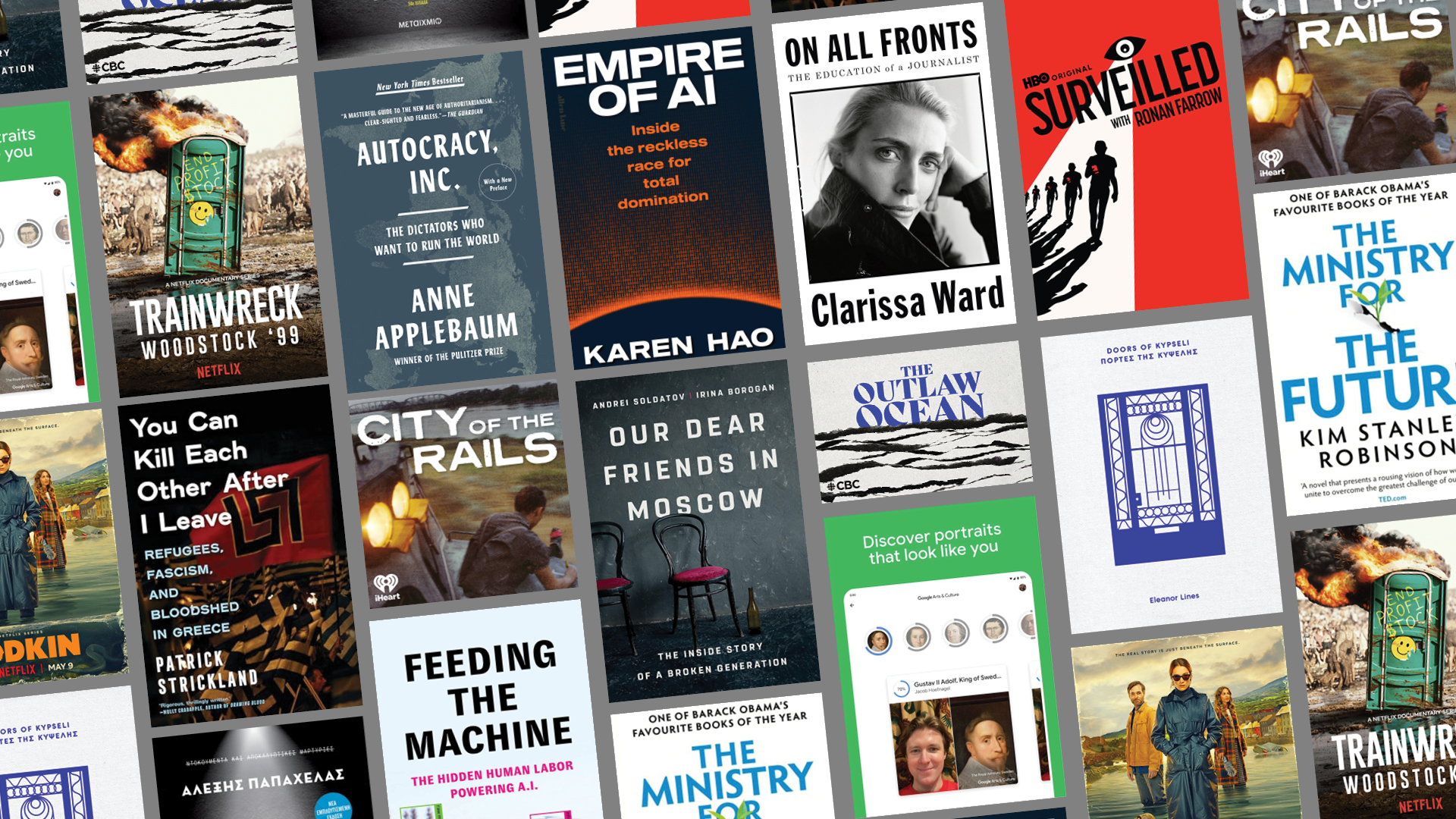The iMEdD team has compiled and recommends books, podcasts, series, and documentaries — by journalists or about journalism — that are worth our time during the holidays.
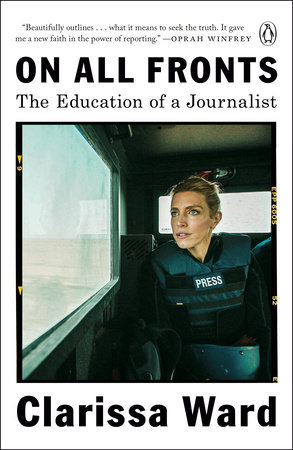
Book: On All Fronts: The Education of a Journalist
In this powerful memoir, award-winning war correspondent Clarissa Ward takes us through her journey from a curious young intern to one of the most recognized faces in frontline journalism. Covering conflicts in Syria, Afghanistan, Iraq, and beyond, she reflects on the personal and professional cost of reporting from the world’s most dangerous places — and what it means to tell stories that most people would rather ignore.
Ward writes with honesty, humility, and sharp insight about the adrenaline, the fear, and the emotional toll of the job. It’s not just about war — it’s about identity, purpose, and what drives someone to keep going back to the front lines. For any journalist who’s ever wondered “Why do I do this?”, this book offers a rare, deeply human answer. A gripping summer read that stays with you long after the last page. —Nancy Tasi
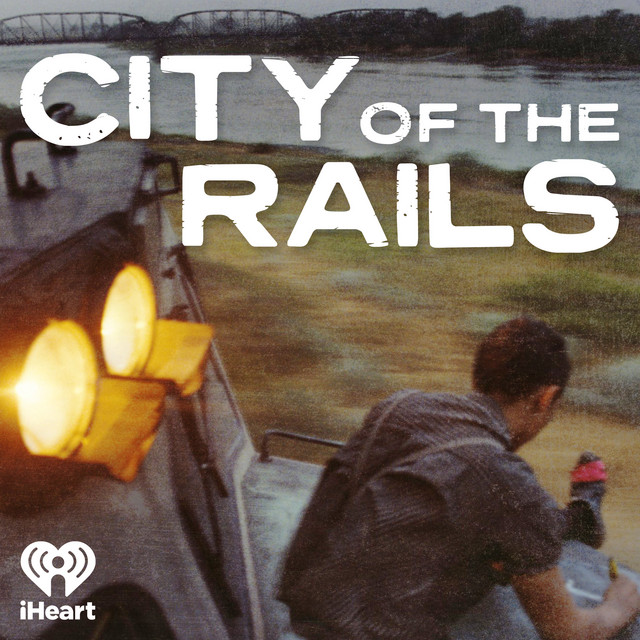
Podcast: City of the Rails
When journalist Danelle Morton’s daughter vanishes into the underground world of freight train hopping, she decides to follow her into rail yards, boxcars, and forgotten corners of America. City of the Rails is a 10-part podcast series that chronicles Morton’s journey across the country, as she meets rail cops, modern hobos, and travelers who’ve chosen to live outside the system. It’s part memoir, part investigation, and entirely unforgettable.
This isn’t travel as vacation — it’s travel as reckoning. Like Into the Wild, it explores the pull of freedom and the cost of walking away from a conventional life. It’s also a story about America itself: its vast spaces, its forgotten histories, its contradictions. Part memoir, part investigation, it’s intimate, surprising, and deeply human. A perfect companion for a road trip! —Eleni Kasimou
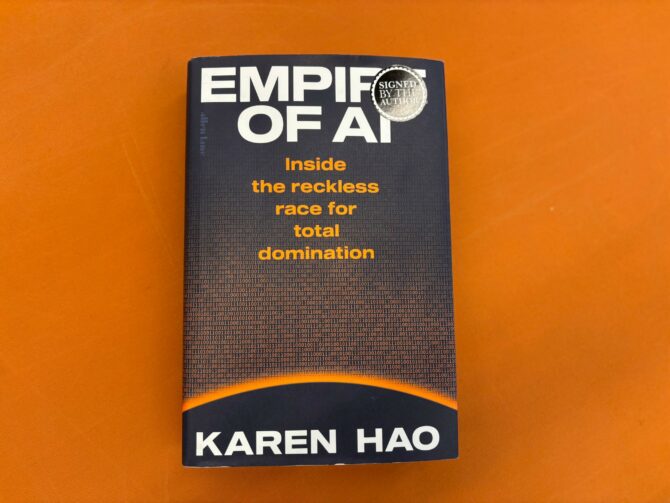
Book: Empire of AI
“Empire of AI tells the inside story of OpenAI as a lens for understanding the moment we’re in: the tech elite’s extraordinary seizure of power and its thread to democracy […] The book asks the central question: How do we govern AI? Most importantly, who should govern it? The future of AI is inextricably tied to our future, and whether it will get better or worse”, wrote the book’s author, American journalist Karen Hao, earlier this year in a LinkedIn post ahead of the book’s release. The “Empire of AI” is the culmination of her long-term journalistic investigation into artificial intelligence, based on more than 300 interviews, correspondence material, and internal documents.
The book is now relevant to all of us. I’m reading it because Karen Hao’s intelligence and compelling voice—whom I had the pleasure of meeting in person—are simply irresistible. But more importantly, because we all need to learn and understand the truth about the human labor behind artificial intelligence. After all, what journalist could remain unmoved by a masterclass in investigative reporting on the power Silicon Valley exerts over the global majority? —Kelly Kiki

Documentary: Surveilled
In his opening monologue at the 2020 Golden Globe Awards, Ricky Gervais made the following remark: “In this room there are some of the most important TV and film executives in the world… but they all have one thing in common: they’re all terrified of Ronan Farrow”.
Two years earlier, Farrow had become internationally known for his groundbreaking reporting in The New Yorker, which for the first time exposed Harvey Weinstein, triggering a scandal that not only rocked the entertainment industry but also ignited a wave of social protest with characteristics few could have anticipated at the time. Although he received a Pulitzer Prize for his revelations, this was far from his only journalistic achievement—many had preceded it, and many more would follow.
His investigation featured in the 2024 documentary Surveilled delves into the surveillance software industry—a practice now used globally by unofficial and official (often state-affiliated) actors, dismantling fundamental principles of privacy and freedom of expression. In this work, Farrow focuses on Pegasus, a spyware program that had drawn attention even in Greece—before the Predator scandal, in fact. —Anastasia Moumtzaki
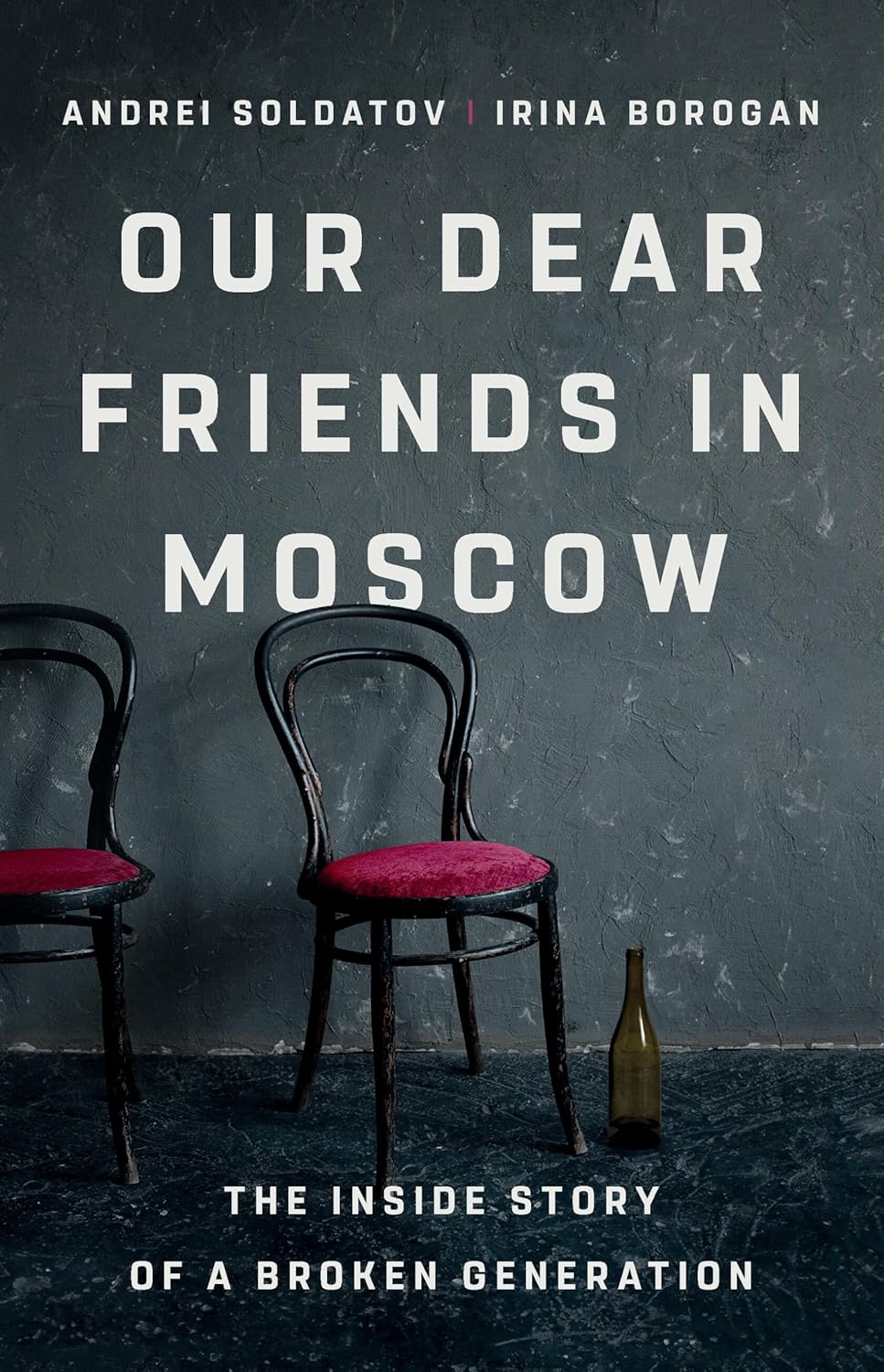
Book: Our Dear Friends in Moscow
Irina Borogan and Andrei Soldatov are the primary experts on Russia’s security apparatus. Over years of meticulous and courageous reporting, the founders of Agentura.ru built a reputation for exposing one of the most opaque and dangerous systems in the world – a task so sensitive it eventually drove them into exile.
Their latest book, released in June 2025, “Our dear friends from Moscow,” is personal. It turns the lens inward, examining their own close-knit circle of journalist friends from the early 2000s Moscow, a time when Vladimir Putin was rising to power. As Russia faced dramatic events, difficult choices had to be made, and friendships were ruptured.
Once part of a hopeful new generation of young reporters, Borogan and Soldatov now investigate how one of their close friends put them on the list of “enemies of the people,” and reflect on where life and friendship in journalism can lead when your whole world changes. —Aggelos Petropoulos
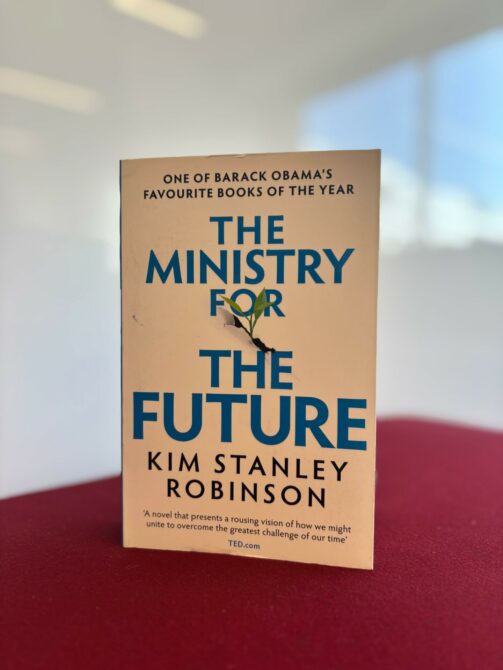
Book: The Ministry for the Future
Kim Stanley Robinson’s book “The Ministry for the Future” is a unique journey into our future, a story that, although science fiction, feels frighteningly relevant. Its pages unfold the efforts of a new organization, the Ministry for the Future, established to defend the interests of future generations amidst a climate crisis that has reached a critical point.
Why should I suggest it for the holidays this year? Why, it breaks away from the ordinary, and it offers challenging reading that provokes thought and understanding of the climate crisis. Because it is a blend of fictional narratives and scientific knowledge, illustrating both the challenges and possibilities of overcoming the climate crisis, providing a pluralistic perspective on the subject. Because it encourages hope, presenting practical solutions and a future where humanity can address climate change, offering a unique approach to understanding geopolitical and social forces. Because, as they wrote in The Spinoff, “the book is many things, but it is never boring … indulges wild tonal shifts … relentless, pacy, utterly absorbing story of our near future.” It can be an inspiration for investigative journalism projects. While reading it, I couldn’t help but imagine myself entering the mind, not of John Malkovich, but of Barack Obama, as it is one of his favorite books. “The Ministry for the Future” invites us to dream up possible solutions, offering an intellectual escape that is both educational and exciting. It is a challenge to be thoughtful, even under the sun. —Nikolas Aronis
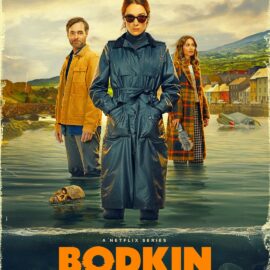
Series: Bodkin
An American podcaster travels to a remote Irish town to investigate the mysterious disappearance of three people during a local festival years earlier. He’s joined by a hard-nosed journalist from The Guardian and an idealistic assistant, aiming to produce a compelling true crime podcast. But the deeper they dig, the more resistance they face from locals — and the more complex the story becomes.
Bodkin offers a smart, darkly funny look at journalism, podcast culture, and the ethics of storytelling. It captures the tension between truth-seeking and entertainment, showing how narrative choices can shape — or distort — reality. Oh, and it’s actually easy and fun to watch — perfect for a summer binge. —Vasso Batsomitrou
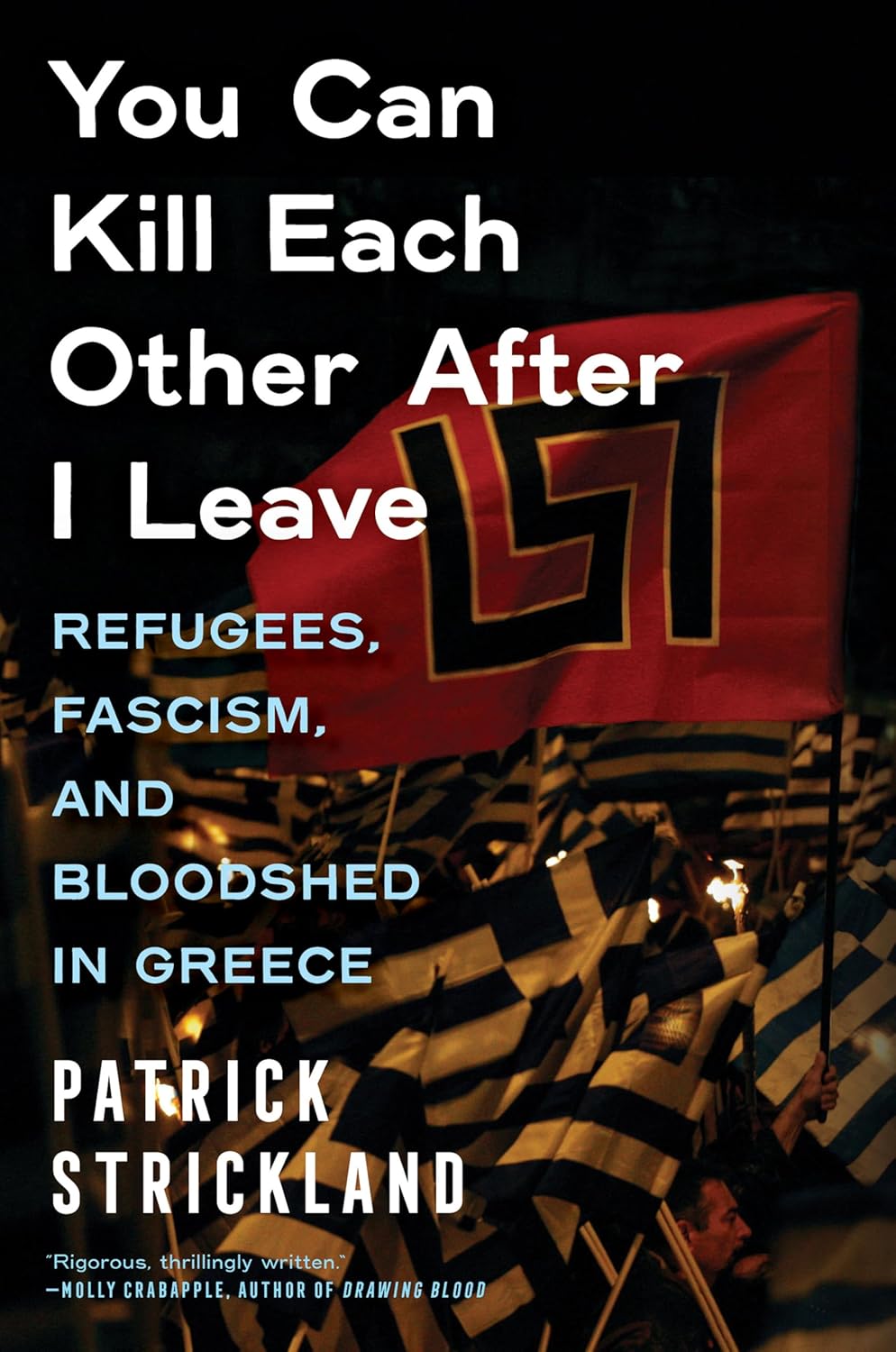
Book: You Can Kill Each Other After I Leave
American journalist Patrick Strickland first arrived in Greece in 2015, with the aim of covering the refugee crisis on the Eastern Aegean islands, in Athens, and in Idomeni. The criminal organization Golden Dawn, operating under the guise of a political party, was in Parliament; however, following the 2013 murder of Pavlos Fyssas, the organization’s leadership core was imprisoned. Nevertheless, Golden Dawn’s assault squads were still active in the streets and, using the refugee issue as a pretext, escalated their campaign of terror.
Strickland visited the Greek islands that were receiving thousands of refugees and migrants and resisting xenophobic and racist groups. He also visited anarchist squats in central Athens that were providing shelter to refugees. The book is a fine example of good journalism, highlighting those who resisted the rise of the far right. It also offers an empirical analysis of the political landscape in Greece and Europe during the second half of the Greek debt crisis. —Kostas Koukoumakas

Documentary Series: Trainwreck
Netflix’s Trainwreck docuseries explores the realm of “cultural meltdowns”. From Woodstock ’99, to the infamous “poop cruise”, to the very public crack addiction of Toronto’s ex-mayor, Rob Ford, back in 2013, the series offers a glimpse into events that spiraled out of control, revealing the role of the public, media framing and wider institutional failure.
This highly bingeable series is more than sensational entertainment; it assesses how events can become spectacles; how different narratives can be constructed based on crowd psychology; what the role of the media is in mitigating or amplifying a crisis, and, finally, who is responsible for speaking the truth. —Celia Tsigka
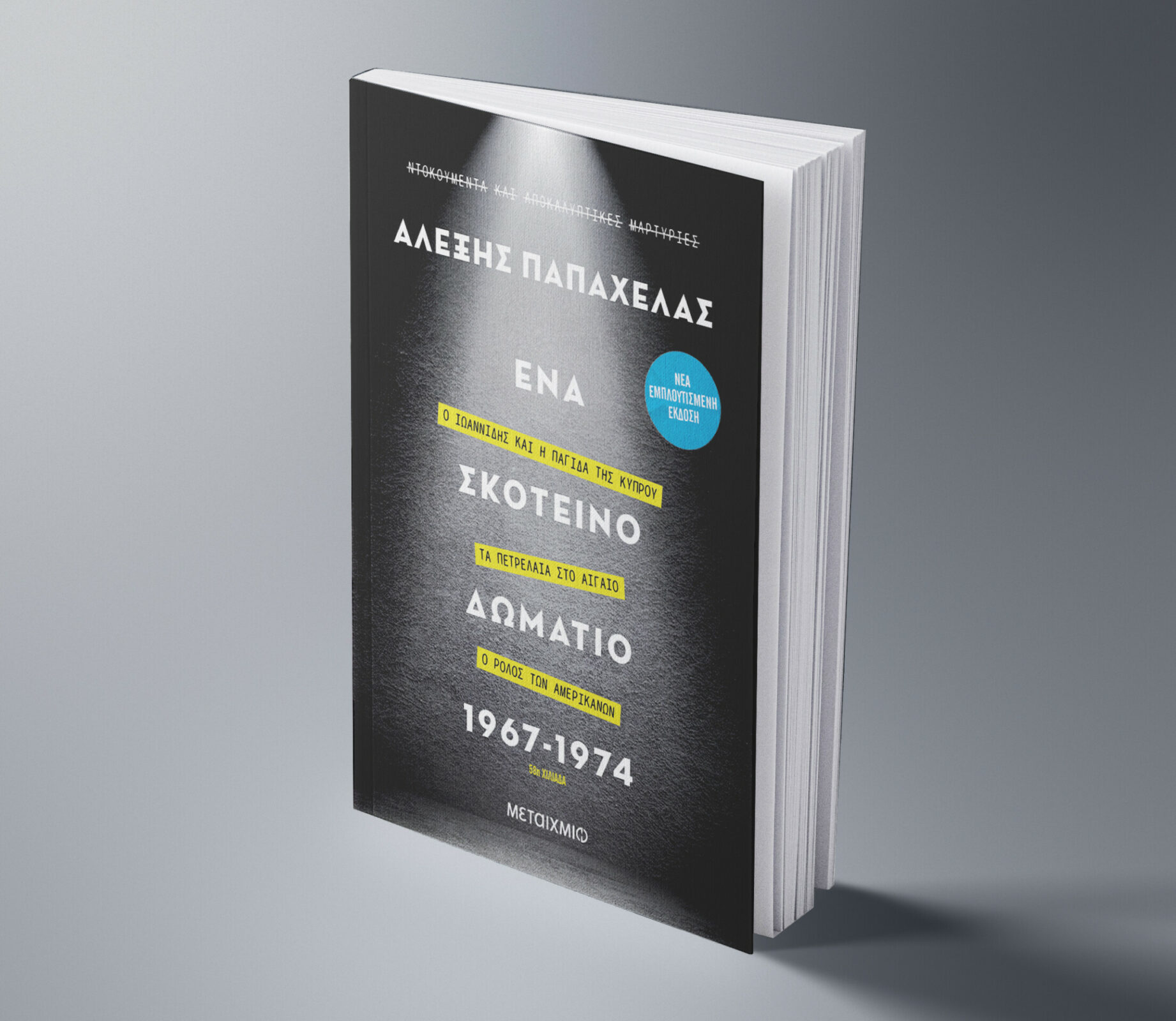
Book: A Dark Room, 1967-1974
Alexis Papachelas, one of Greece’s most experienced and respected journalists, writes about some of the most critical moments in modern Greek history. The result of twenty-five years of investigation, this book describes in detail the overthrow of Greek dictator Georgios Papadopoulos by dictator Dimitris Ioannidis on November 25, 1973, as well as the tragedy in Cyprus that followed in July of the next year and led to the occupation of the northern part of the island by Turkey, which continues to this day. Although in Greek, the book brings to light unknown documents and focuses on a critical parameter: the role of the U.S. and the CIA in Greek affairs during that period. A must-read for any new (or experienced) journalist who wants to delve into historical and journalistic research on the 7-year period of the Greek military Junta. —George Schinas

Web App: Google Arts & Culture
A free app that lets you explore artworks, museums, cultural heritage sites, and visual stories from around the world.
I recommend it, because not all summer reading is reading. Sometimes, it’s looking, listening, and pausing. Open the app and you might find yourself inside a cave in Lascaux, on the steps of the Met, or reading a centuries-old letter. You can zoom in on tiny textures, wander through virtual exhibitions from Tokyo to Mexico City, or take a selfie and meet your Renaissance twin.
Sometimes, great journalism starts with simply noticing, and this app helps you notice more. It’s full of strange, beautiful details you didn’t know you were looking for. For the days when you’re going nowhere and doing nothing but still want to feel something. —Athina Thanasi
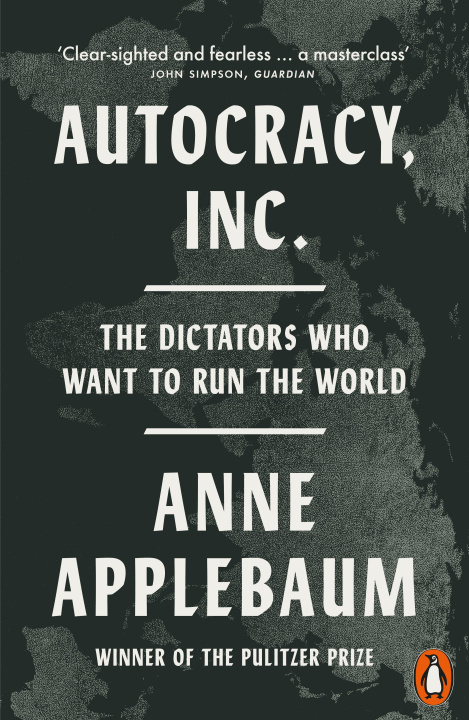
Book: Autocracy, Inc.
Why is autocracy flourishing? Could the answer be that all those western politicians who, decades ago, encouraged trade with authoritarian regimes to foster democracy were the chumps after all? Atlantic staff writer and historian Anne Applebaum is always engaging, and I’m eager to see how she sets out the argument that Ostpolitik, the opening up of China, and other trade deals with dodgy despots around the world entrenched and empowered their regimes instead of nudging them towards liberalism. She explores how today, these same regimes interconnect economically and support each other diplomatically, no matter what their proclaimed ideologies are – as they all derive their revenue from the same buyer: the West. —Phoebe Fronista
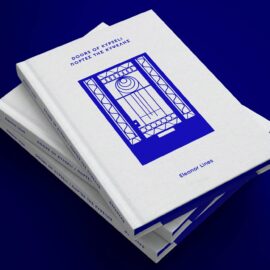
Book: The Doors of Kypseli
The Doors of Kypseli by Eleanor Lines is a beautifully minimalist tribute to the quiet elegance of Athenian modernism. Featuring 100 hand-drawn illustrations of mid-century wrought-iron doors—each printed in a single striking blue color and mapped to its real-life location—the book invites readers to rediscover the everyday artistry of one of Athens’ most diverse neighborhoods.
An insightful essay by journalist Nikos Vatopoulos enriches the work with historical and cultural depth, making it both a visual journey and a thoughtful piece of urban storytelling. Each door represents a home, a family, a story, A perfect read for urban explorers. —Evgenios Kalofolias
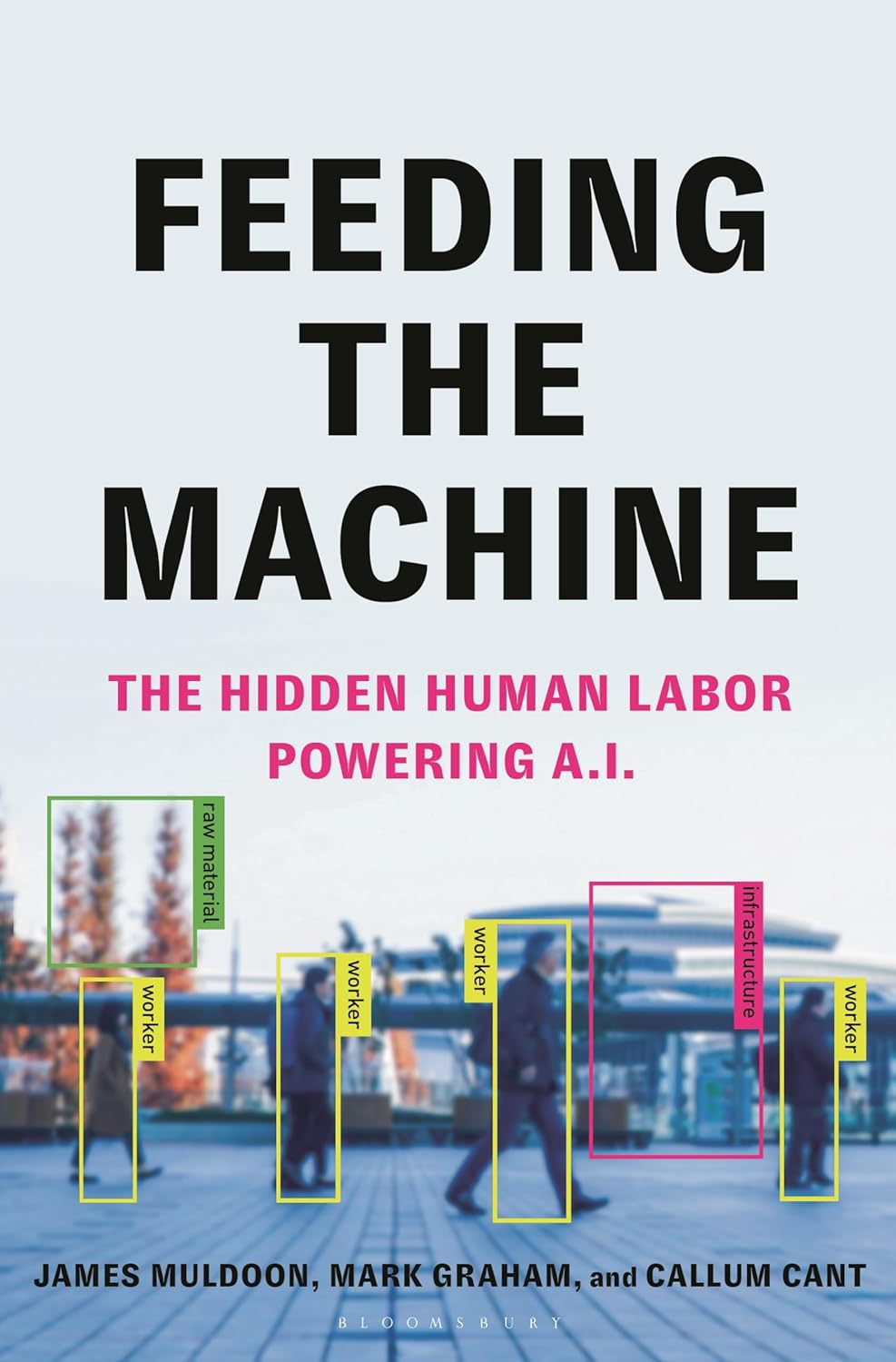
Book: Feeding the Machine
A decade ago, data was considered the new oil. Today, we use AI-powered tools every day, but we rarely think about the global human labor force that powers them. Feeding the Machine: The Hidden Human Labour Powering AI is based on hundreds of interviews with workers, deliberately hidden from public view, who are essential to the functioning of these systems. They are data annotators, content moderators, warehouse workers, and artists, whose invisible, low-paid labor sustains the whole AI industry. It also delves deeper into histories of colonial, racial, and gendered exploitation, as well as the structural inequalities within the tech industry. The three authors are researchers at the Oxford Internet Institute, who have done extensive fieldwork across the world from East Africa to North America. This revealing work challenges common myths about AI’s autonomy, shedding light on the real human costs behind today’s technology. —Katerina Voutsina
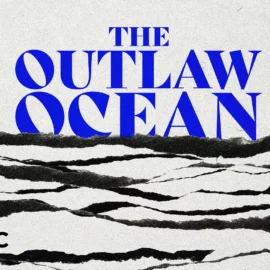
Podcast: The Outlaw Ocean
Pulitzer Prize–winning journalist Ian Urbina sheds light on the untold stories unfolding on the open seas. From environmental catastrophes to human rights violations, Urbina returns with a second season of investigative journalism in the place where the law of the land ends. This podcast is a reminder that compelling journalistic stories can emerge from the most unexpected places. And in the summer season, which, for many of us, is so closely tied to the waters of the Mediterranean, it’s crucial to remember what happens beyond the blue horizon. —Chrysoula Marinou
